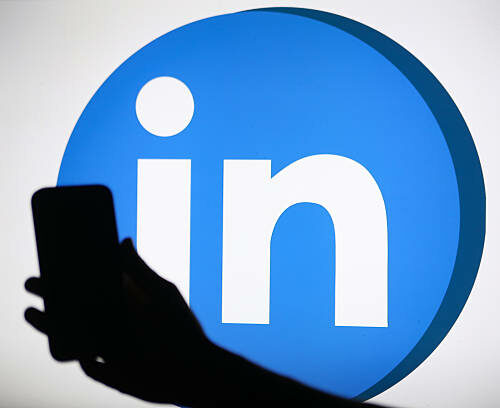
The time has come for millennials to make room for gen Z.
Gen Z are entering the workplace with more knowledge and confidence compared to generations that came before them. This generation is well informed on various issues and topics such as technology, the economy and much more.
This is a generation that’s not only more diverse but one that embraces diversity.
According to research, “Gen Z is the most ethnically and racially diverse generation in history. And their views on gender and identity are unprecedented and untraditional.” Gen Z refuses to turn ethnicity and race into checkboxes in survey forms.”
Gen Z are also known as “game changers,” as they opt for equity changes in companies that have sound principles and exist to truly make a better place. These workers are quick to criticize their employers when their actions contradict their social or moral beliefs.
Gen Z bring with them not only a lifelong experience with the cloud, social media and mobile technology which they have known and adapted to since birth, and are also open to more technology, more changes and more adaptations. They expect their employers to embrace the latest if it will help them to be productive in the workplace.
They’re in the forefront of social debates, green tech and mental health platforms. Like all generations, they’ll be pushed by the generation before them on this, but probably not as hard because this generation has so much technological momentum already.
All of this is great. But even with all of this, the confidence, the diversity, the activism, the technological intelligence. Gen Z lack a critical thing that employers cannot ignore.
According to Dr Johathan Haidt, a social psychologist and professor of Ethical Leadership at New York University, the issue has compounded on itself over time with 90’s parents being overly protective of their children due to crime. Which forced children to place their focus on to social media and technology.
“This loss of free play and autonomy deprived kids of the kinds of experiences they most needed to grow strong and independent,” said Dr Johathan.
Now, these kids are graduating and are entering the workforce. Dr Johathan believes many employers will have trouble understanding them and their needs. “The country is facing rising rates of anxiety, depression, and fragility among today’s teens and college students, many of whom have been surrounded by protective adults their entire lives. What will happen when they enter ‘the real world,’ where protections will be far fewer and demands will be much greater?”
With that being said, Dr Johathan suggests that parents with children under the age of 13 to hand them back their childhood and encourage autonomous, unsupervised play time. “Kids learn most from acting on the world and receiving feedback from the world,” he says. “They don’t learn nearly as much by adults telling them how the world works,” he added.
Dr Johathan also recommends that gen Z themselves should develop a more nuanced and deeper understanding of how their minds work. In order for them to develop their sense of identity and place within the world. Dr Johathan suggests looking into the concept of anti-fragility — which is the idea that people actually benefit from a healthy degree of adversity — and allowing oneself to be consistently exposed to criticism, conflict, challenge and failure. Doing this will either strengthen your preexisting beliefs and ideas, or open you up to new ones.
In the process, it will help you learn to be rational rather than emotional, especially when it comes to issues that have nothing to do with your feelings.
And for companies, Dr Johathan states that they should always be kind and lay the moral narrative under which the business operates and to stand by it.
Also see: 5 Reasons why you should not overlook Generation X




